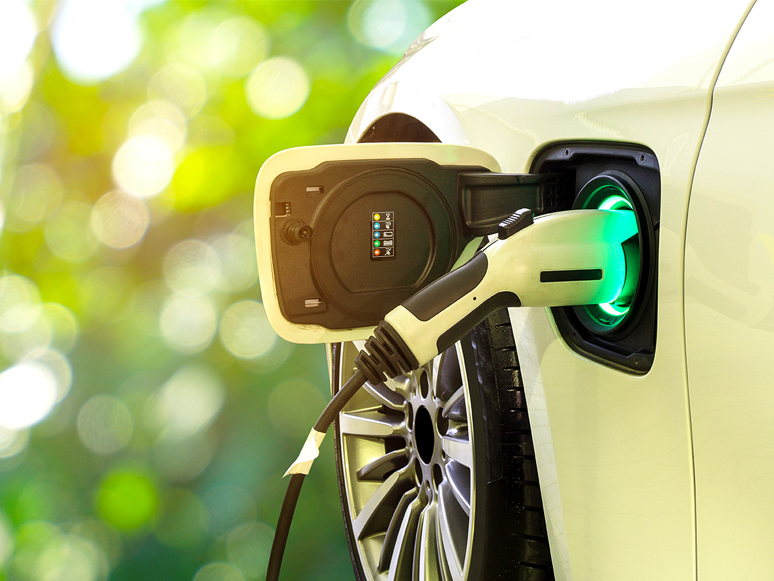logo


25th Mar, 2024

With the rise in businesses purchasing electric vehicles (EVs) for the use of their employees, the ATO has finalised its guidelines setting out the methodology for calculating the cost of electricity for FBT purposes when an eligible EV is charged at an employee’s or an individual’s home. The rate of 4.20 cents per kilometre now applies (from 1 April 2022 and for later FBT years). To use this rate, employers will need to keep a record of the distance travelled by the car, and a valid logbook must be maintained if the operating cost method is used.
In terms of FBT, the employer now has the choice of either using the methodology outlined in the guidelines or determining the cost of the electricity by determining the actual cost incurred. Once made, this choice applies to each vehicle for the entire year, although the choice can be changed from one FBT year to another.
A transitional approach applies for the 2022–2023 and 2023–2024 FBT years, whereby if odometer records have not been maintained, a reasonable estimate may be used based on service records, logbooks or other available information. After the transitional period ends, employers will need to keep a record of the distance travelled by each car and a valid logbook must be maintained if the operating cost method is used.
Employers are reminded that even if an EV is eligible for an FBT exemption, the benefit must still be included in an employee’s reportable fringe benefits amount. Therefore, the taxable value must be determined, and where the employee home-charged the EV throughout the year and paid their electricity bills and provided the employer with the necessary declaration for electricity costs, the home charging electricity cost will form a part of the recipient contribution amount.